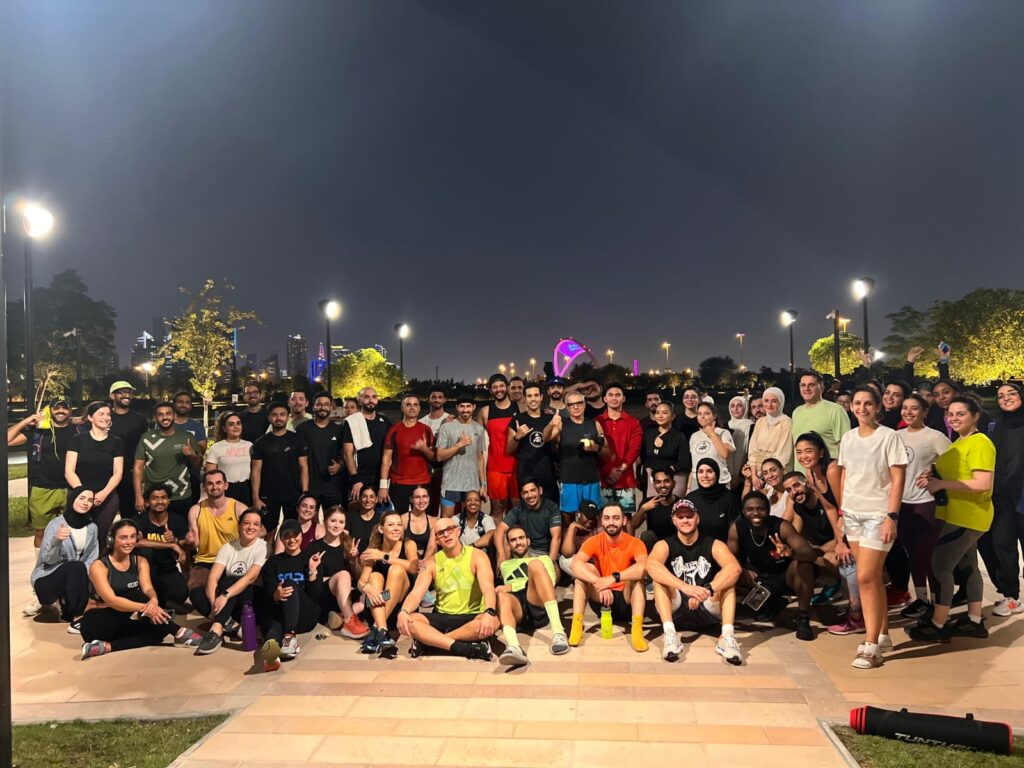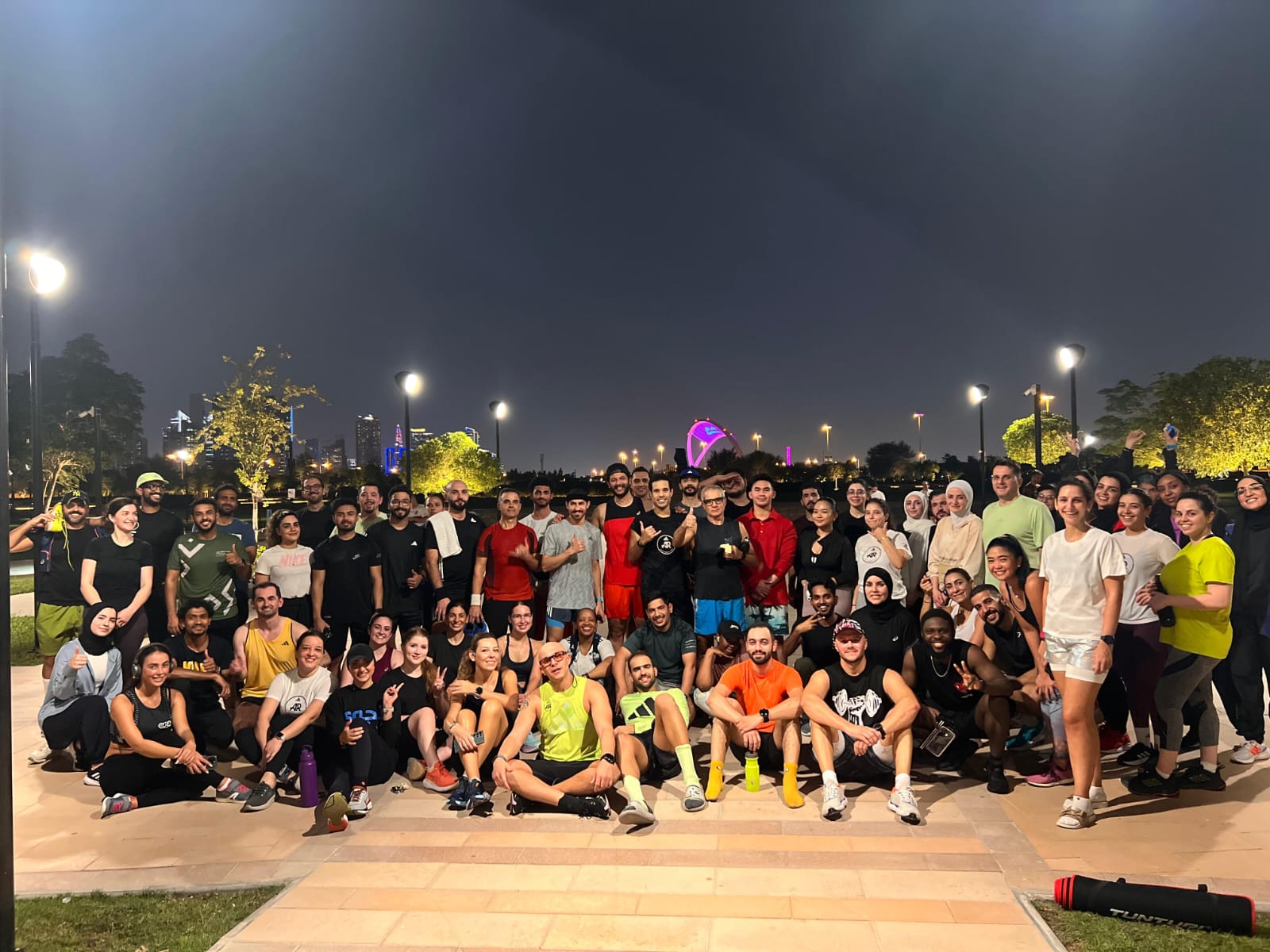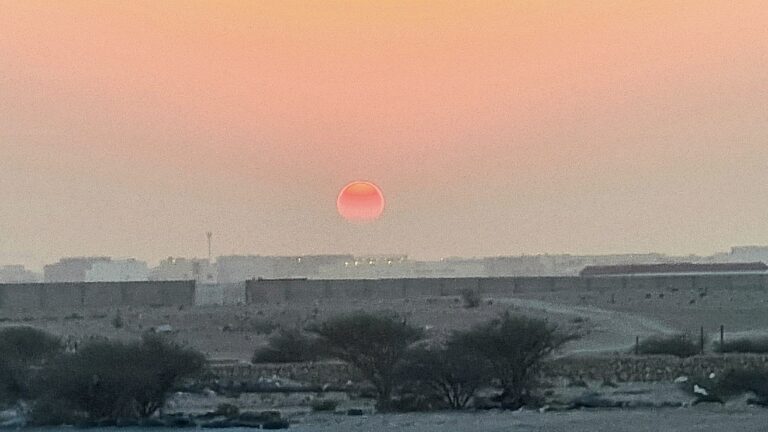Air: Our First Food and Medicine – Reflections on Breathing
By Dr. Mario G. Figlioli — MENTAL COACH & PERSONAL TRAINER


Inspired by an insightful article by Dr. Mike Maric, an expert in breathing processes. Let’s talk about air, our first food and, as Hippocrates said, our first medicine.
When we think about breathing, our thoughts immediately turn to the quality of the air we breathe. It’s astonishing to consider that, while we eat three to five times a day, we breathe in about 20,000 times a day! This makes air a vital element for our well-being, more than we often realize.
The Fundamental Role of Breathing
A human cannot survive without breathing. Just a few seconds without air can make us feel suffocated, and a few minutes without oxygen can be fatal. The air we breathe is not a pure substance but a mixture of gases, primarily nitrogen (about 78%) and oxygen (a little over 20%).
Oxygen, which is colorless, odorless, and tasteless, is the real fuel of our body. It is essential for every cell, allowing the conversion of nutrients into energy. Without oxygen, our metabolism halts — our human “machine” would cease to function.
The Importance of Oceans and Forests
A fact that often surprises people is that over 50% of the Earth’s oxygen is produced by marine plankton through photosynthesis. The oceans, therefore, act as a second lung for our planet, alongside the forests. But just like forests, our oceans are also under threat.
Air Quality and Pollution
We live in a world where the air is often polluted by factors such as traffic, heating, and industrial activities. Carbon dioxide (CO2), while naturally produced by human respiration, is one of the leading causes of the greenhouse effect and global warming.
What many may not realize is that plastic pollution also contributes to the greenhouse effect. Plastic waste, especially in seas like the Mediterranean, releases greenhouse gases as it decomposes. The Mediterranean, one of the most beautiful seas in the world, is also one of the most polluted by plastic.
What Can We Do?
We often think that CO2 pollution only comes from cars or factories, but our daily choices also have a significant impact. For example, eating an out-of-season cherry can pollute 100 times more than eating a seasonal apple, as exotic fruits travel thousands of miles to reach our plates.
We need to reflect on every action we take. While we may try to save energy with low-consumption light bulbs, we should also be aware of our food choices and consumption habits because everything affects the quality of the air and the health of the planet.
I’ll stop here for today, but this is a vast topic, and there is so much more to discuss. Let me know what you think and how you approach the topic of breathing and air quality in your daily life.
Best regards,
Dr. Mario Giovanni Figlioli







